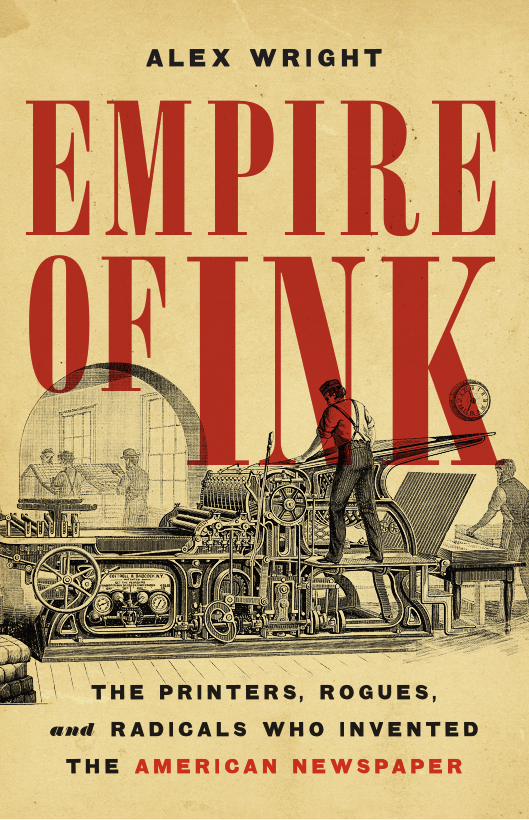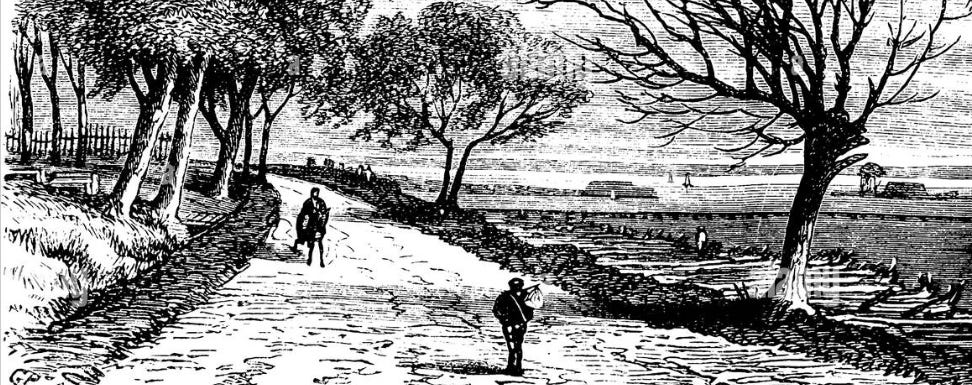
Empire Of Ink
The Printers, Rogues, and Radicals Who Invented the American Newspaper
A sweeping history of America’s first media revolution—from colonial print shops to Gilded Age media empires—and the transformation of a fledgling republic into the world’s first information superpower.


